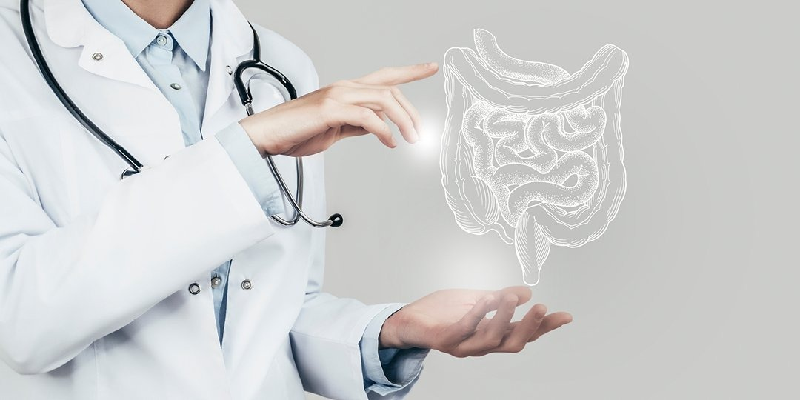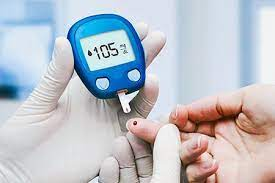On hearing the name of cancer, people's mouths dry up, cancer is a global disease today due to which millions of people lose their lives every year. Many early symptoms appear when a person has cancer, but these symptoms are ignored, which increases and becomes a terrible disease, which is fatal. In such a situation, if we talk about colorectal cancer - affects the colon and rectum - has become increasingly common around the world. Today, through this article, we will tell you about the common symptoms of colorectal cancer, let's know the complete details about it-

Bleeding from the rectum or blood in the stool: One of the most important warning signs, blood in your stool should never be ignored. If you notice this symptom, consult a doctor immediately.
Unexplained weight loss: Sudden, unexplained weight loss without changing diet or exercise - can be a sign of colorectal cancer. If this happens, it is important to seek medical advice.
Persistent abdominal pain or discomfort: Persistent abdominal cramps, gas or abdominal pain that gets worse over time may be a sign of colorectal cancer. Pay attention to these persistent problems.
Fatigue and weakness: Feeling unusually tired despite adequate rest may be a symptom of underlying health problems, including colorectal cancer. Don't ignore persistent fatigue.
Changes in bowel habits: Changes such as diarrhea, constipation or the sensation of an incomplete bowel movement for several weeks may be a sign of colorectal cancer. Keep a close eye on these changes.

Preventive measures
Regular screenings: Starting at age 45, regular screenings such as colonoscopy can help detect colorectal cancer early. If you have a family history of the disease, make these screenings a priority.
Healthy diet: A diet rich in fiber — rich in fruits, vegetables and whole grains — may reduce your risk. Limit your intake of red and processed meat, as they have been linked to increased risk.
Regular exercise: Engaging in regular physical activity can improve digestion and maintain a healthy weight, both of which are important for reducing colorectal cancer risk.
Avoid smoking and excessive alcohol: Both smoking and excessive alcohol consumption substantially increase your risk of colorectal cancer. Eliminating these habits can improve your overall health.










